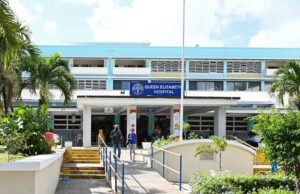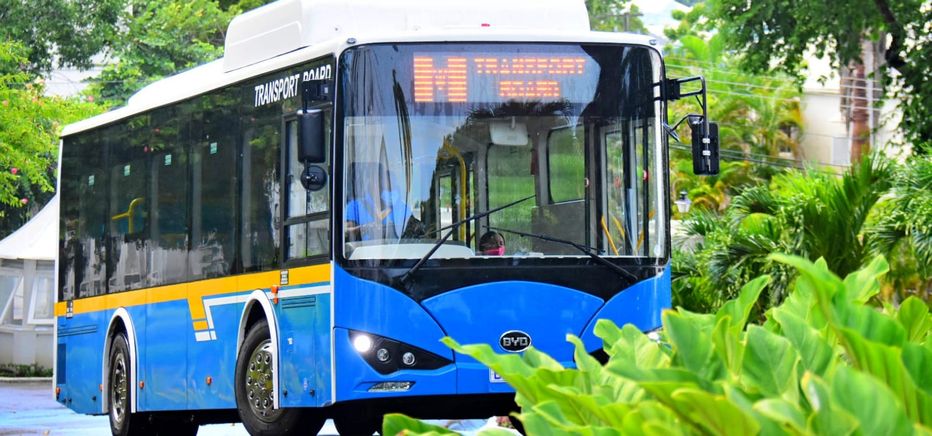Barbados has a critical opportunity to modernize its public transportation system, transforming the bus service from a daily inconvenience into a reliable and efficient network. By integrating technologies like GPS chips, artificial intelligence (AI), and a live mobile app, the government can address long-standing issues of unreliability and unpredictability. This strategic investment in a “smart” bus system would not only improve the daily lives of residents but also enhance the island’s appeal to tourists and digital nomads, showcasing a commitment to a tech-forward future.
The Power of Real-Time Data
The foundation of a modernized bus system begins with real-time data. By outfitting every bus with a GPS chip, the system can constantly report its precise location. This stream of data is a game-changer; it removes the guesswork for commuters who currently have no way of knowing a bus’s location or its estimated arrival time. This simple yet powerful integration provides a massive leap in transparency and reliability. With this foundation, all subsequent improvements, from dynamic scheduling to a user-facing app, become possible, creating a more trustworthy and efficient service that builds public confidence.
A Live App for Commuters
With the GPS data in place, the next step is to make this information accessible to the public through a live mobile app. This application would provide commuters with real-time bus positions on a map, estimated arrival times for their stop, and notifications about delays or route changes. Beyond just showing bus locations, the app could also serve as a central hub for all bus-related information, including route maps, fare details, and even a platform for users to provide feedback. This user-centric approach empowers the public, putting critical information directly into their hands and transforming the commuting experience from a source of stress into a seamless, predictable journey.
AI for Dynamic Route Optimization
The real intelligence of the system comes from artificial intelligence (AI). By analyzing the massive amount of data collected from GPS chips—including traffic patterns, rider demand at different times of day, and even weather-related delays—AI can optimize bus routes and schedules dynamically. Instead of a fixed, rigid timetable, the system could intelligently adjust the number of buses on a route or alter a path to avoid traffic congestion. This would significantly reduce wait times and make the entire network more responsive to real-world conditions, ensuring that resources are allocated where and when they are most needed.
The Road to a Sustainable Future
Implementing this technology is not just about convenience; it’s about building a more sustainable and equitable future for Barbados. A reliable, efficient bus system encourages more people to use public transport, which in turn reduces traffic congestion and carbon emissions. It also creates a more accessible island for those without private vehicles, fostering social equity. By investing in this smart transport system, the Barbados Government would be making a powerful statement: that it is committed to leveraging technology to solve everyday problems and build a more connected, resilient, and modern nation.
Success ensured
To ensure success, Barbados should invest in training local talent to manage and maintain these technologies, possibly through partnerships with universities or innovation hubs. The country has already shown interest in leveraging AI for public service modernization, and enhancing the bus system would be a tangible, high-impact step forward. With thoughtful implementation, Barbados can set a regional example of how small island nations can use smart technology to elevate everyday public services.





